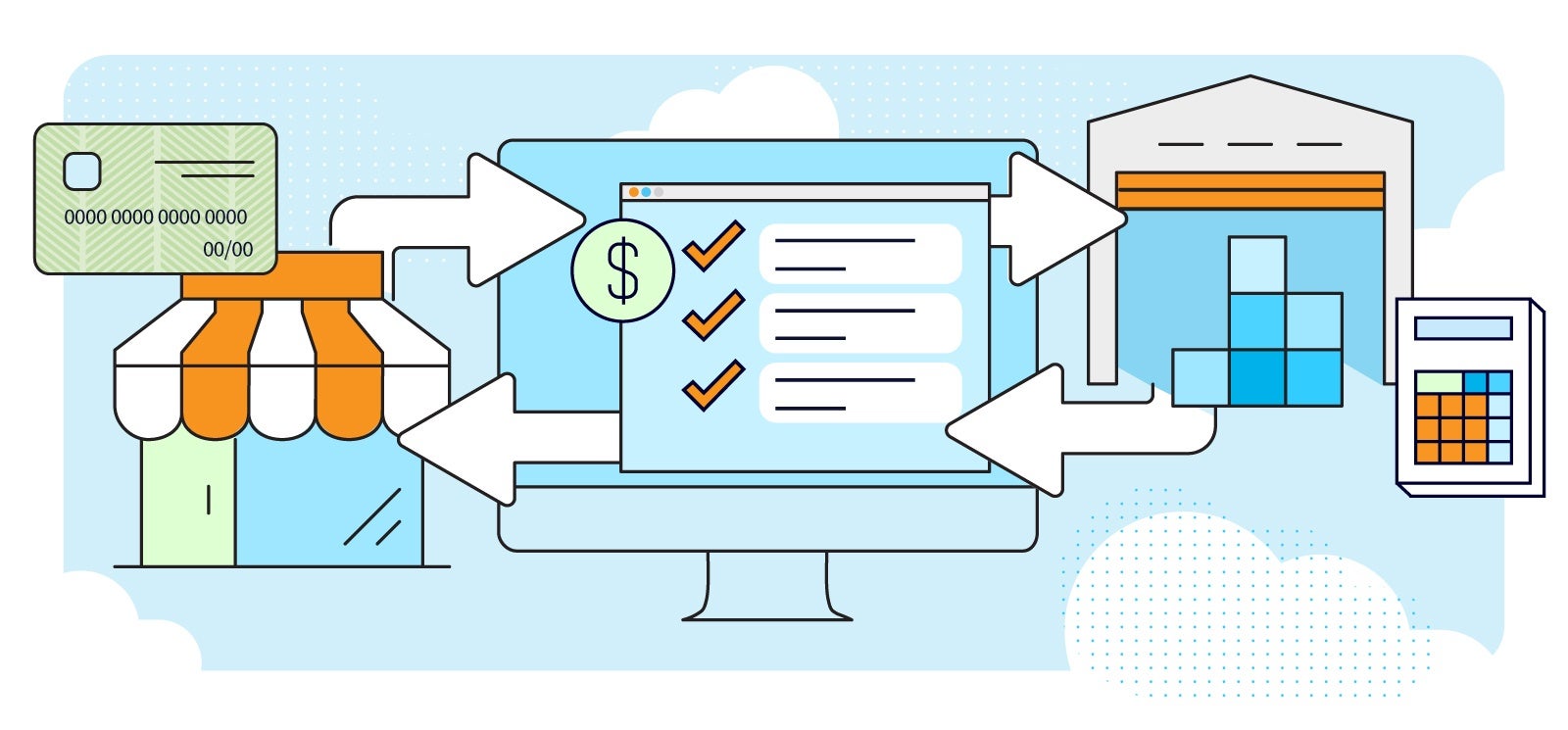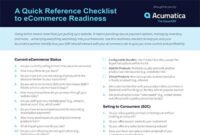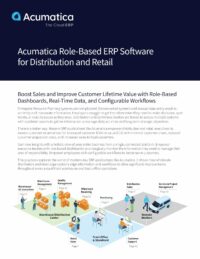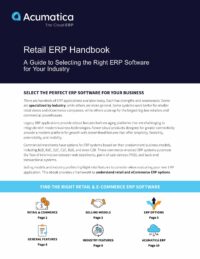Benefits of ERP with POS Integration
Improved Data Integrity
After an ERP with POS integration, data synchronization ensures seamless sharing between systems, reducing manual errors and improving accuracy. This bi-directional synchronization means, when a sale is made, your data flows directly from the customer through the POS system to the ERP system, where it can be accessed by the sales team, the accounting team, etc.
Data from every department goes straight to the POS system. This way, all team members have accurate and current information. Human errors and delays from double data entry are removed. You have real-time data available right away.
Higher Forecast Accuracy
An ERP and POS solution provides unified data visibility, enabling accurate forecasting and resource allocation. You now have the information to make smart choices for your customers. This includes what to order, future costs, and how to use your funds and resources.
Built-In Customization
As customer needs vary, so, too, do their customer journeys with your business. Your organization’s needs, and the needs/moves of your competitors, also fluctuate.
You need to create a solution that can be tailored to your specific needs. It should meet the changing demands of your customers. It must also stand up to the changing strategies of your competitors. Modern ERP solutions, like Acumatica, deliver flexible and scalable architecture, making ERP POS integration adaptable to changing retail needs.
Keeping Your Front and Back Office Connected
Retailers need updated and synchronized data. This helps them get the information and insights they need. With this data, they can serve their customers better.
This means that the store or online sales team must share sales information with accounting, finance, marketing, and other parts of the business. Simultaneously, the back-office teams must communicate data, such as inventory availability, to the front-end teams.
When this sharing occurs, every team member has access to actionable, accurate data—data they can use to confidently process orders, sell products, respond to inquiries, and more.
Receive Reporting in Real-Time
Another advantage of ERP POS integration is real-time reporting, offering instant insights for informed decision-making.—a feature that doesn’t exist with separate systems. Instead, reporting requires manual intervention, which can result in:
- Human error
- Delayed data input
- Dissatisfied customers
Automatically transferring the data between the connected systems removes double-data entry, thus saving time and reducing errors. And real-time reporting can lead to an improved customer experience.
 Canada (English)
Canada (English)
 Colombia
Colombia
 Caribbean and Puerto Rico
Caribbean and Puerto Rico
 Ecuador
Ecuador
 India
India
 Indonesia
Indonesia
 Ireland
Ireland
 Malaysia
Malaysia
 Mexico
Mexico
 Panama
Panama
 Peru
Peru
 Philippines
Philippines
 Singapore
Singapore
 South Africa
South Africa
 Sri Lanka
Sri Lanka
 Thailand
Thailand
 United Kingdom
United Kingdom
 United States
United States





